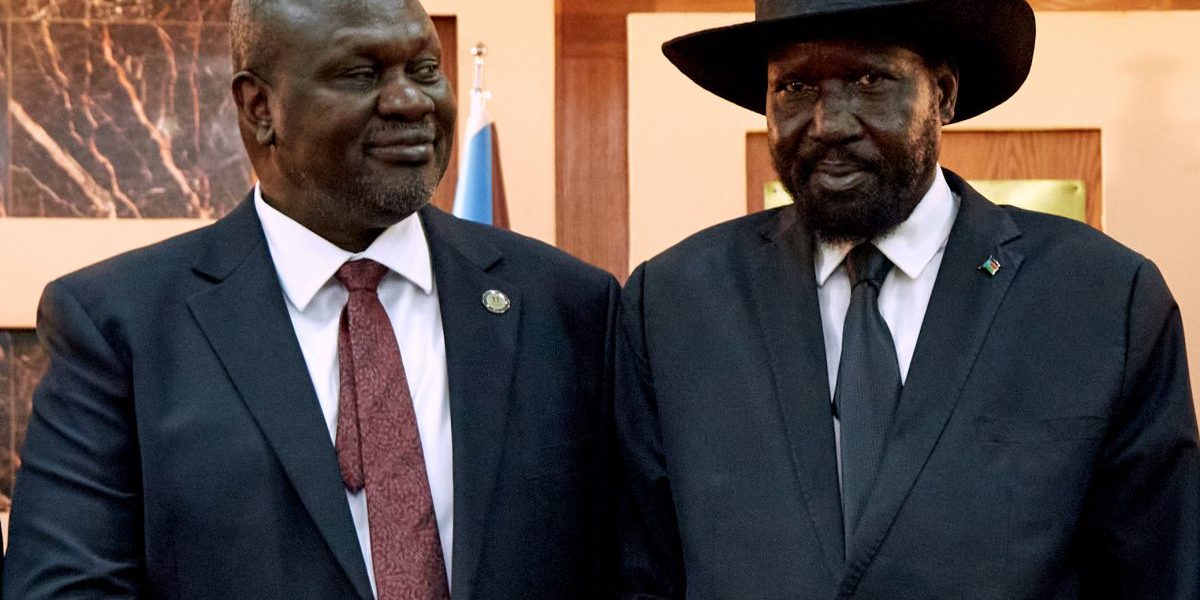Summary
- The civil war in South Sudan, which broke out in 2013, has cost an estimated 400 000 lives, displaced millions and plunged the nascent country into chaos.
- While the peace process has been hailed internationally, it has been marked by numerous delays and setbacks.
- This paper traces the South Sudanese peace process, examining how it has been weakened by the neglect of key issues relating to state boundaries and security arrangements.
- The role of leadership contests in shaping the resulting civil conflict is documented, showing that they played a significant role in lengthening the conflict and delaying its resolution
- External actors in the peace process are key to both the continuation of the conflict and its possible resolution.








